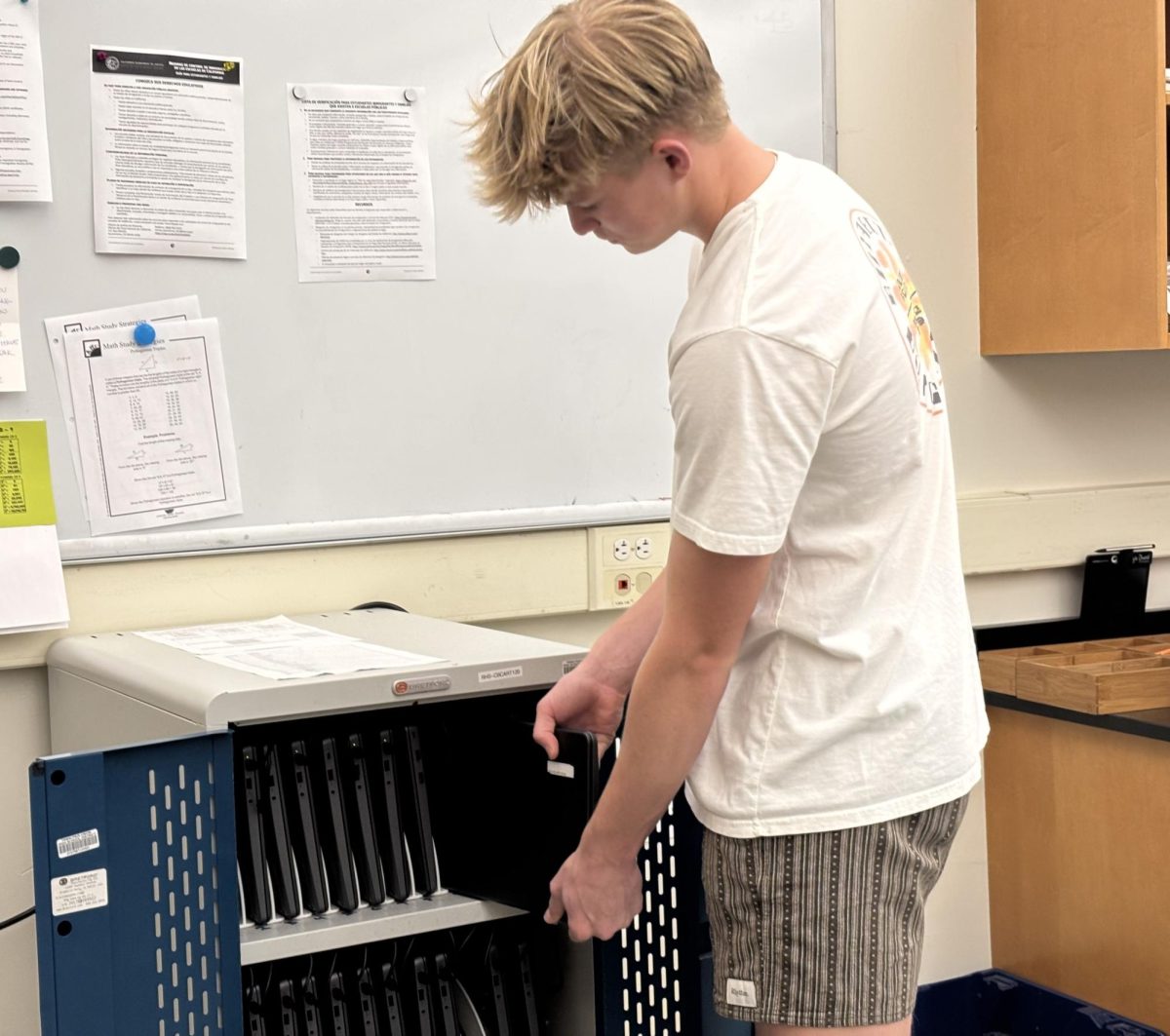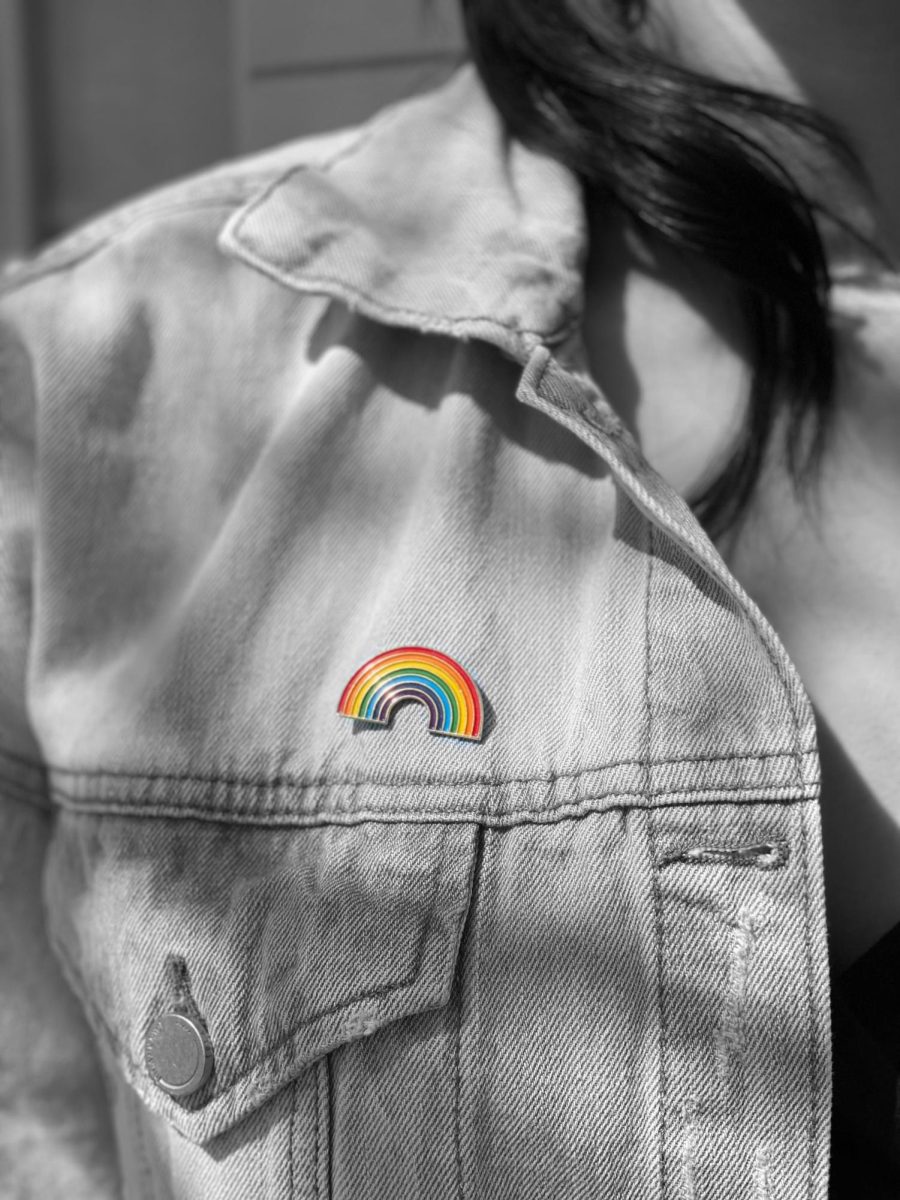Almost 49.5 percent of adolescents in the U.S. have a mental health disorder at some point in their lives. The causes for this large proportion of struggling teenagers are complex, ranging from addiction to socioeconomic status to societal pressures to genetics.

While dismantling the systems that worsen mental illness requires severe financial and social reconstruction, the Southern Marin social justice organization Heart of the Village, The Marin County Suicide Prevention Collaborative, Buckelew Programs, Overdose Free Marin and other local youth support groups pursue an alternative to mitigating widespread mental health struggles across Marin teenagers.
These groups banded together on February 7, 2023, to host the event “Friend to Friend – helping those you care about during challenging times.” Its purpose was to educate community members on how to respond to their loved ones battling mental illness and substance abuse.
The event was held at the Mill Valley Community Center and had booths set up with informational resources and Narcan medication training, a panel of professionals to speak on mental well-being and finally a small group discussion about how to connect with a peer safely about suicide prevention.

Steve Diamond, a panel speaker and the Program Director for Buckelew Programs, an organization dedicated to helping Marin residents develop better relationships with their mental health and substance usage, spoke to the value of holistic mental health support.
“When I think about mental wellness, I think about the whole person. I think about physical health, social network, social support system … it’s your whole lifestyle and connection to the world,” Diamond said.
Kristen Law, a Wellness Consultant with the Marin County Office of Education, also identified holistic mental well-being as of large importance. However, she also recognized that peers play a far larger role in mental health than adults or counselors.

“We know that students talk to other students way more than they’re going to talk to an adult about the things going on in their day-to-day lives, so if [students] are trained about how to listen by suspending their judgment … they can be a bridge to [mental health] care,” Law said.
The panelists all held the belief that through accessing mental health resources that are available locally, the mental health of Marin youth could be improved.







